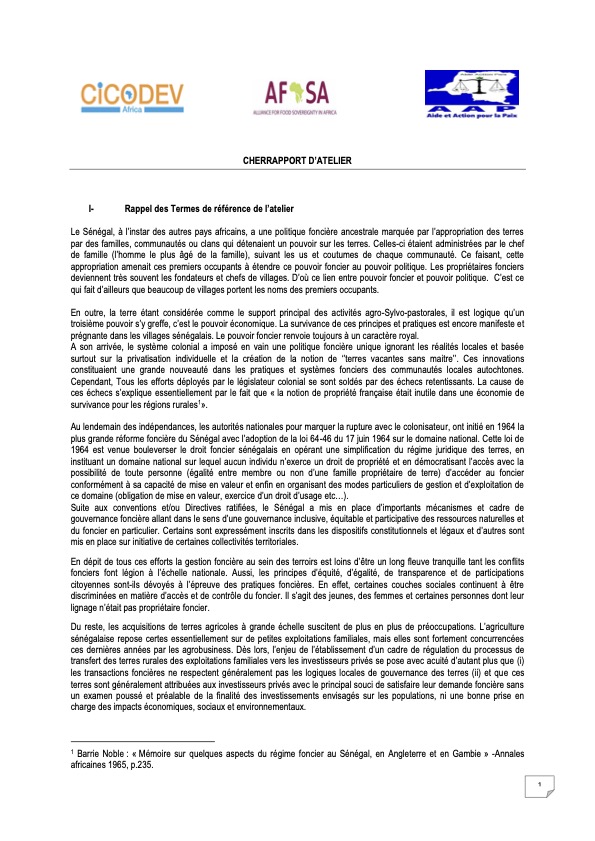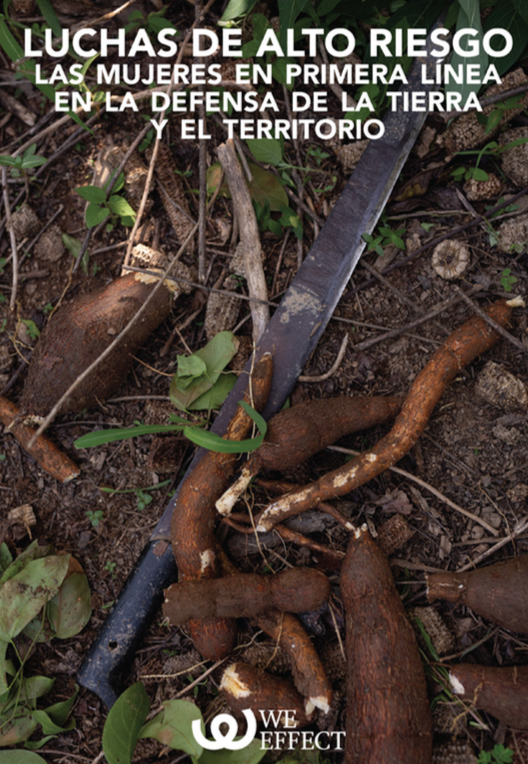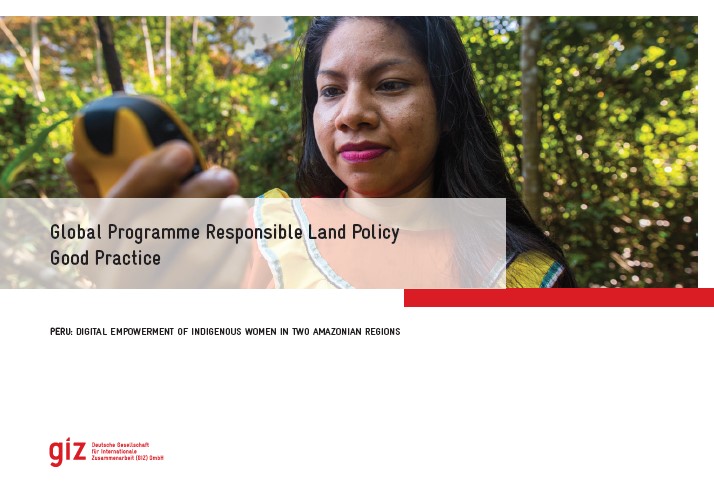Scaling readiness: learnings from applying a novel approach to support scaling of food system innovations
Scaling of innovations is a key requirement for addressing societal challenges in sectors such as agriculture, but research for development programs struggles to make innovations go to scale. There is a gap between new complexity-aware scientific theories and perspectives on innovation and practical approaches that can improve strategic and operational decision-making in research for development






